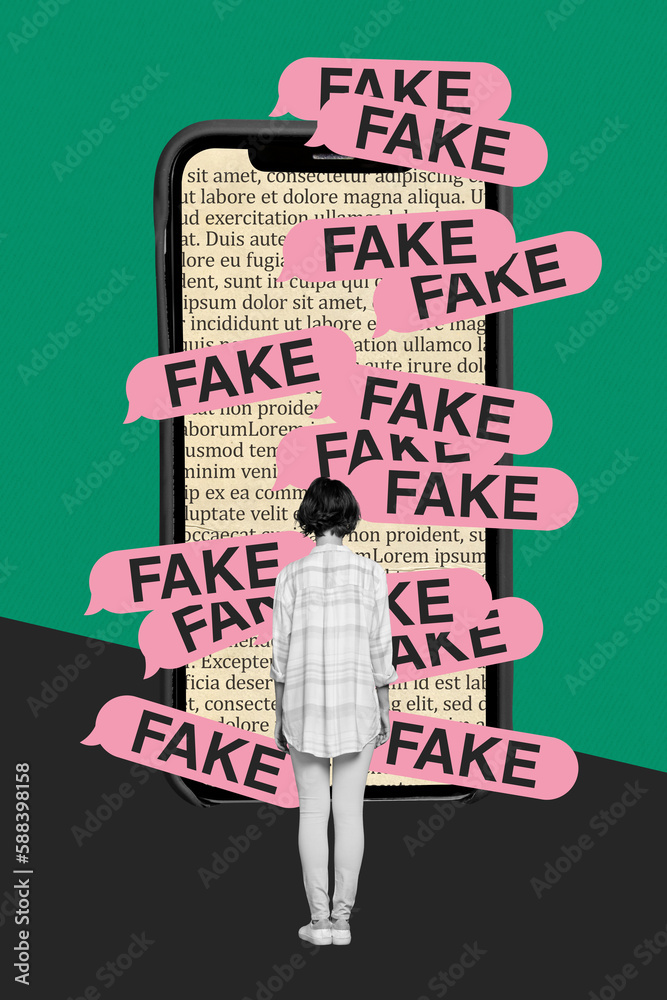In an age where the world’s knowledge is just a tap away, a strange paradox has emerged. We have instant access to endless information, yet many of us feel a nagging sense of mental fog. We misplace our keys more often, struggle to focus on a single task, and find it difficult to recall information we just looked up. It leads to the unsettling question: are we becoming dumber?
While our collective IQ scores aren’t plummeting, the way we think, learn, and remember is undergoing a radical transformation. The concern isn’t about a loss of raw intelligence but a fundamental shift in our cognitive abilities, driven by the very tools designed to make us smarter. This post explores the evidence behind this cognitive decline and, more importantly, what we can do to fight back.
The Elephant in the Room: Technology’s Double-Edged Sword
Technology is the most significant factor altering our mental landscape. Our smartphones, smartwatches, and virtual assistants have become external hard drives for our brains, leading to a phenomenon known as cognitive offloading.
The “Outsourcing” of Our Memory
Think about it: When was the last time you memorized a new phone number? Or navigated to a new location without GPS? We’ve outsourced these basic memory tasks to our devices. While incredibly convenient, this reliance has a downside.
- Navigational Skills: Studies have shown that people who regularly use GPS have less activity in the hippocampus, the brain region responsible for spatial memory and navigation. Over time, this “mental muscle” can weaken.
- Factual Recall: Why memorize a fact when you can Google it in seconds? The “Google Effect” demonstrates that we are better at remembering where to find information than the information itself.
This constant offloading means we engage less with the processes of encoding and retrieving memories, essential exercises for a healthy brain. So, does this reliance on tech mean we are becoming dumber? Not necessarily, but it does mean we are exercising our brains in fundamentally different, and potentially less challenging, ways.
The Shrinking Attention Span and Digital Dementia
Beyond memory, our ability to focus is under constant assault. The endless stream of notifications, emails, and social media updates has trained our brains to crave constant stimulation. This has led to a dramatic decrease in our collective attention span.
The constant context-switching—jumping from an email to a text message to a news alert—prevents us from engaging in “deep work.” This state of distraction-free concentration is crucial for complex problem-solving, creativity, and learning. Some researchers use the term “digital dementia” to describe the cognitive side effects of overusing digital technology, which mirror the symptoms of head trauma or early dementia, such as memory loss and a lack of focus. The fear that we are becoming dumber is closely tied to our inability to sustain focus long enough to think deeply.
Drowning in Data, Starving for Wisdom
The digital age promised a utopia of information. Instead, we often find ourselves in a state of information overload. We skim headlines, read summaries, and watch 30-second clips, but we rarely dive deep. This shallow consumption of content has profound effects on our critical thinking skills.
Wisdom isn’t built on fragmented data points; it’s forged through the slow, deliberate process of connecting ideas, questioning assumptions, and reflecting on knowledge. When we only skim the surface, we miss the nuance and complexity required for true understanding. How does the constant flood of data contribute to the feeling that we are becoming dumber? By replacing deep, analytical thought with rapid, superficial processing.
The Convenience Trap: Are We Choosing Mental Laziness?
Our modern world is built around convenience. From food delivery to AI-powered summaries of dense articles, we are constantly presented with the path of least resistance. Our brains, which are naturally wired to conserve energy, happily take this path.
Why wrestle with a complex problem when an algorithm can suggest a solution? Why struggle to write an essay when AI can generate a draft? While these tools are powerful, an over-reliance on them can foster mental laziness. We stop challenging ourselves, and just like an unused muscle, our cognitive abilities can begin to atrophy.
The choice is subtle but constant. Each time we opt for the easy answer instead of working through the problem, we rob ourselves of a small but significant mental workout. Is our quest for an easier life accidentally leading us down a path where we are becoming dumber? It’s a risk we need to actively manage.
How to Fight Back and Reclaim Your Cognitive Edge
The good news is that cognitive decline is not inevitable. The narrative that we are becoming dumber isn’t a foregone conclusion. Our brains have incredible plasticity, meaning they can change and adapt. By making conscious choices, you can sharpen your mind and thrive in the digital age.
1. Practice Mindful Technology Use
- Schedule Tech-Free Time: Designate periods of your day, like during meals or the first hour after waking up, as no-phone zones.
- Tame Your Notifications: Turn off all non-essential notifications. A batch-checking approach (e.g., checking email twice a day) is far better than constant interruptions.
- Use Apps with Intention: Before opening a social media app, ask yourself, “Why am I doing this?” Avoid mindless scrolling.
2. Embrace “Deep Work” and Long-Form Content
- Block Out Focus Time: Schedule uninterrupted blocks of time in your calendar for tasks that require deep concentration.
- Read Physical Books: Reading a physical book minimizes distractions and has been shown to improve memory and focus more effectively than reading on a screen.
- Finish What You Start: Make a conscious effort to read articles and watch videos to the end, resisting the urge to click away.
3. Challenge Your Brain Deliberately
- Memorize Something: Start small. Memorize a short poem, a new recipe, or the phone numbers of your closest friends.
- Learn a New Skill: Pick up a musical instrument, learn a new language, or take a coding class. The process of learning creates new neural pathways.
- Navigate Without GPS: For a familiar route, try turning off the GPS and relying on your own mental map.
Ultimately, the question of “are we becoming dumber?” is less about a definitive yes or no and more about the direction we are choosing. The tools of modern life can either be a crutch that weakens our minds or a lever that extends our capabilities. The power to decide which it will be rests entirely with us.


